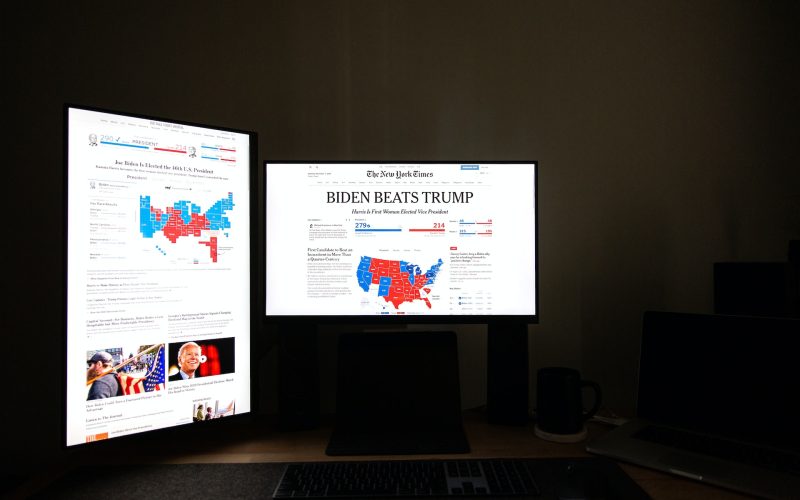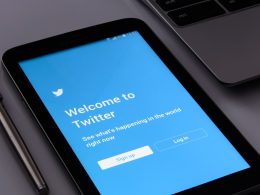In recent years, online communities have become increasingly influential in the world of politics. With the rise of social media platforms, such as Twitter, Facebook, and Instagram, people have been able to connect with others who share their political beliefs and engage in discussions about current events. These communities have had a significant impact on the way that people consume and interact with political information, and their influence is only growing stronger.
The intersection of online communities and politics is complex and multifaceted, and it requires a nuanced examination to fully understand its influence. On one hand, online communities can be a powerful tool for political engagement and activism. They allow individuals to connect with others who share their beliefs and values, and to mobilize around political issues that are important to them. This has led to the formation of online movements, such as #MeToo and Black Lives Matter, which have had a significant impact on social and political discourse.
However, online communities can also be a breeding ground for misinformation and extremism. The algorithms that power social media platforms are designed to promote engagement and keep users on the platform for as long as possible. This has led to the spread of false information and conspiracy theories, which can be amplified and spread rapidly through online communities. In some cases, this has led to the radicalization of individuals and the formation of extremist groups.
To understand the influence of online communities on politics, it is important to examine the ways in which they shape our understanding of the world around us. One study found that people who get their news primarily from social media platforms are more likely to be exposed to polarizing content and to have less diverse viewpoints than those who get their news from traditional media sources. This suggests that online communities can contribute to the polarization of political discourse and make it more difficult for people to find common ground.
Another important factor to consider is the role that social media platforms play in shaping the political conversation. These platforms have enormous power over what information people see and how it is presented. They can control the algorithms that determine which posts are shown to users, and they can also make editorial decisions about what content is allowed on the platform. This has led to concerns about censorship and the suppression of free speech.
Despite these concerns, online communities are likely to continue to play a significant role in politics in the years to come. As more people turn to social media platforms for news and information, the influence of these communities is only likely to grow. It is important for journalists and researchers to continue to examine the ways in which online communities shape political discourse and to develop strategies for combating misinformation and extremism.
In conclusion, the intersection of online communities and politics is a complex and rapidly evolving phenomenon. While these communities have the potential to be a powerful force for political engagement and activism, they also have the potential to contribute to the polarization of political discourse and the spread of misinformation and extremism. As we continue to grapple with the role of social media in our political landscape, it is important to approach this issue with nuance and to develop strategies for promoting a healthy and diverse political conversation.












